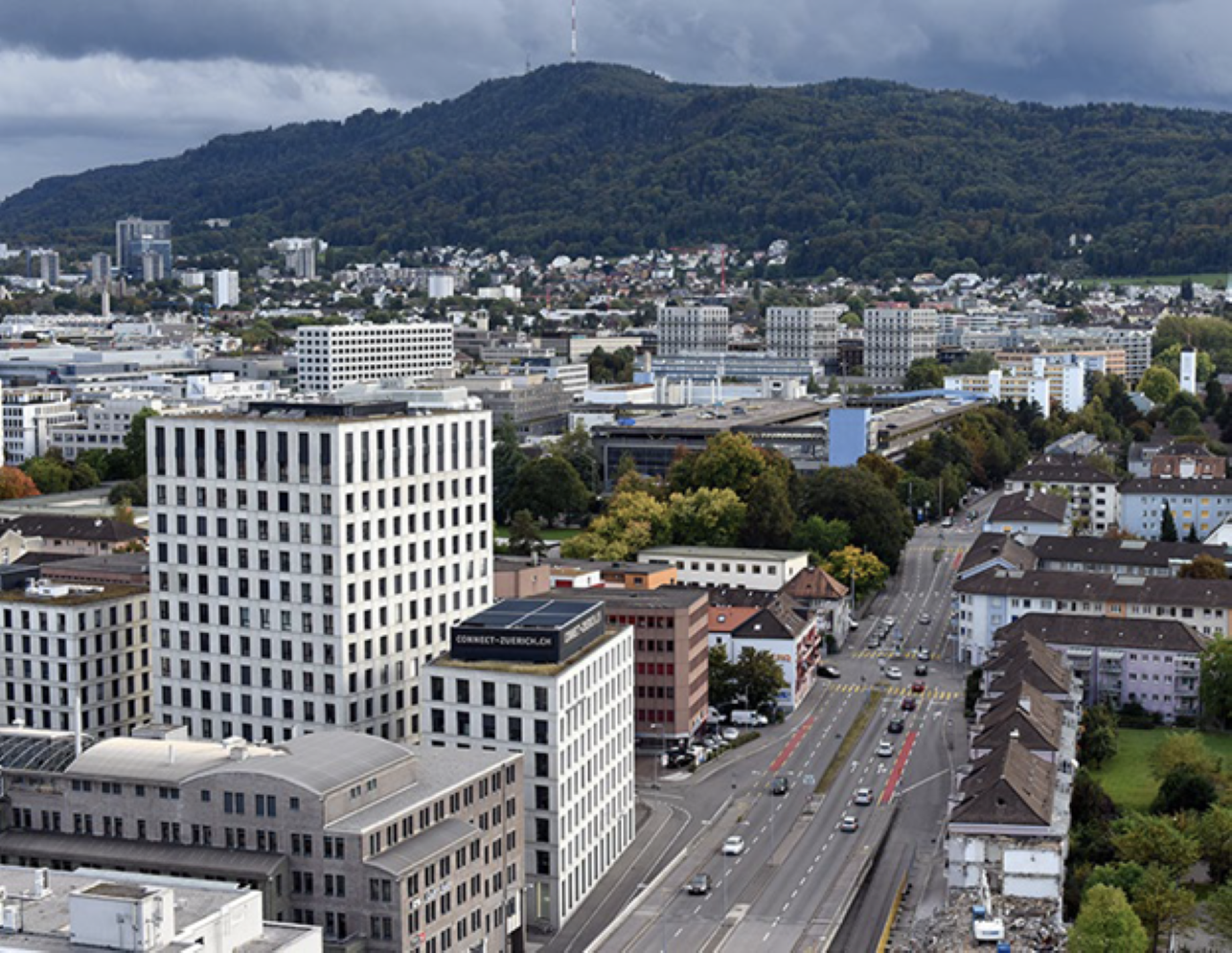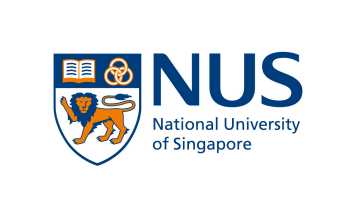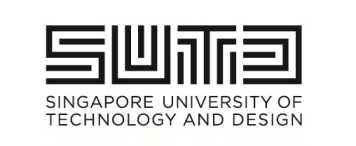Dense and Green Cities: Emerging Models of Integrated Urban Development
‘Dense and Green Cities’ is one of 11 research modules of the Future Cities Lab (FCL) Global programme, a research platform aimed at bringing transdisciplinary perspectives on shaping sustainable cities and settlement systems. ‘Dense and Green Cities’ explores the development of sustainable integrated districts (SIDs), as model for high-density high-liveability future cities, attending not only to the factors for the successful implementation of SIDs but also to planning instruments and governance arrangements that enable such developments in different socio-spatial contexts.
Introduction
Future Cities Lab (FCL) Global programme, one of the three research programmes of the Singapore-ETH Centre, was established in Singapore in 2010 as a joint initiative between ETH Zurich and Singapore’s NRF (National Research Foundation). Building on the results of the previous two FCL phases, the ‘Dense and Green Cities’ module expands the knowledge on sustainable integrated districts (SIDs) as an effective model for future urban development and transformation. SIDs aim to fully realise the potential of urban innovations and systems solutions by deploying and integrating them at the district scale. Density and sustainability in SIDs are seen as mutually dependent and synergistic. This research module investigates and evaluates currently ongoing and planned examples of such developments through case studies in Europe and Asia. These include Altstetten-Albisrieden, Zurich, Switzerland, and one-north, Singapore as main case studies. This research captures important aspects of the urban planning and design, architectural, social, environmental, economic and governance systems performance of the selected cases systematically through work packages led by an interdisciplinary team of architects, engineers and scientists and close collaboration with competent stakeholders from government agencies and industry.

The Project
‘Dense and Green Cities’ comprises four main Work Packages (WPs): architecture and urban design, social performance, environmental performance, and governance. The SPUR research group focuses on the latter, taking SIDS as a test bed for examining a place-based approach to governance arrangements. The place-based approach focuses on strengthening local human capacity – through collaboration and mutual learning – among the diverse stakeholders that are involved in planning and implementing the SIDs. Using a range of qualitative methods (content analysis of official documents, discourse analysis of the media, and interviews with various stakeholders’ groups – planning professionals, developers, citizens and community organisations, and decision-makers), the WP addresses the following research questions: What are effective planning guidelines and design strategies for the development of new SIDs, the transformation of existing districts into SIDs and ultimately the development of dense and green cities? What implications do different governance arrangements provide on SIDs? To what extent are resource optimisation and functional synergies affected by a specific socio-spatial context framed by the governance system?
The results from the first research phase allows for the evaluation, comparison, and mutual learning regarding how SIDs are planned and realised in different settlement systems (with a focus on Concentrated Settlement Systems) and different climate zones. The emphasis of the research is on Zurich and Singapore, two cities that are both ranked highly on liveability indexes and that are both characterised by a world-class vibrant urban research and design culture yet resulting from different governance approaches.
The final research phase will investigate and evaluate currently ongoing and planned examples of such developments through case studies in Europe and Asia: Jurong Lake District and Punggol Town/Digital District, Singapore; Zuidas, Amsterdam, The Netherlands; King's Cross Central, London, UK; and Buenos Aires.
Publications
Peric, A., De Blust, S., Jiang, Y., Guariento, N. & Wälty, S. (2022). Urban Strategies for Dense and Green Zurich: From Healthy Neighbourhoods towards Healthy Communities? In Z. Enlil (Ed.), Proceedings of the 58th ISOCARP World Planning Congress ‘From Wealthy to Healthy Cities’ (forthcoming). ISOCARP: The Hague.
Partners
Mitarbeitende
Co-Principal Investigator
Stellvertretender Leiter Inst. f. Raum- und Landschaftsentw. / Leiter Netzwerk Stadt u. Landschaft ARCH u BAUG
Raumentwicklung und Stadtpolitik
Stefano-Franscini-Platz 5
8093
Zürich
Schweiz

Research Coordinator of the WP Governance
Raumentwicklung und Stadtpolitik
Stefano-Franscini-Platz 5
8093
Zürich
Schweiz

Project Lead
Raumentwicklung und Stadtpolitik
Stefano-Franscini-Platz 5
8093
Zürich
Schweiz






